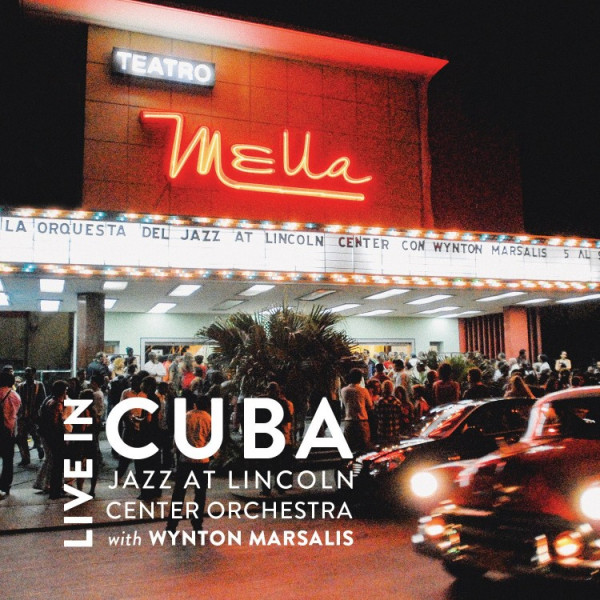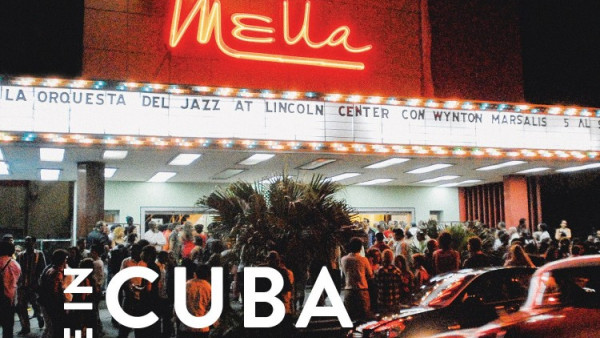Marsalis offers his take on Trump’s tune
When the tycoon-turned-presidential candidate’s name comes up in conversation, the jazz veteran, who as an artist and advocate has long championed great American traditions, is both pointed and nonchalant in his response.
Trump “is not going to build a wall to keep Mexicans out,” Marsalis says, without raising his soft voice a decibel. “It’s cheap populism. It’s an attempt to get a voter base. They used to scapegoat black people, but now there are so many black people in jail they use Mexicans. … Let’s say you stopped all the Mexicans from coming in — what would happen to all these businesses that exploit them for labor? The economics of the country would collapse. Trump pays everybody, so he understands something about this system.”
Marsalis, 53, isn’t being cynical, he insists. “That’s the beauty of this country, that everyone can vote. So let’s go — let’s see about it. You have to participate in the system to change it.”
As managing and artistic director of Jazz at Lincoln Center, Marsalis has long promoted the idea that jazz is a metaphor for democracy. As emphasized in the non-profit organization’s mission statement, jazz “celebrates personal freedom and encourages individual expression” and collaboration with others; and “because jazz is rooted in the blues, it inspires us to face adversity with persistent optimism.”
That message is spread “no matter where we go,” says Marsalis, through the music. He prefers to “stay away from political discussions” in his professional capacity, he points out: “We don’t proselytize. But we don’t shirk from it either.”
Live In Cuba, the recently released album marking the launch of JALC’s new initiative, Blue Engine Records, captures concerts performed by the Jazz at Lincoln Center Orchestra with Marsalis in Havana in October 2010. The group was there as part of a cultural exchange program bringing together American and Cubans musicians in both countries. Bassist Carlos Henriquez, the Bronx-bred son of Puerto Rican natives and an alumnus of JALC’s education programs, was musical director for the shows. Henriquez’s The Bronx Pyramid, his first album as bandleader, will be the second Blue Engine release; out Sept. 18, it combines modern jazz and Latin rhythms.
Marsalis is aiming to release eight albums a year over the next decade, “though we’re not above going down to six or up to ten,” he quips, chatting with Henriquez, 36, at the JALC venue, Dizzy’s Club Coca-Cola. “We’ve got deep archives, and we’re creating new music all the time.”
Henriquez, who first impressed Marsalis at 14 or 15 with “the size of his beat,” the elder musician notes, “represents the future. He can play in all the different traditions, and has knowledge of them.” When granted permission to perform in Cuba, Marsalis sought Henriquez’s advice. “I was ready to play Latin music,” Marsalis says. “But he said, ‘Don’t go there and play a bad version of Cuban people’s music. Let’s play the music that we play.’”
The shows wound up including Duke Ellington and Afro-Cuban numbers, as well as modern compositions by band members. “My objective was just to deal with the music — how to introduce Cuba the American side of what jazz is. I always thought there was a bridge between the styles.”
The reception in Havana was, Marsalis recalls, “unbelievable. There were students of all ages, teachers, older musicians, the cultural leadership of Cuba. People came packing the theater every night, and at our hotels at night they wanted to play jam sessions with us and dance.”
Marsalis figures that “music everywhere is an amalgam of everybody else’s country, all the people who come into that country. The history of music in this world is that way. There’s no one group of people that sits above any other.”
by Elysa Gardner
Source: USA TODAY


